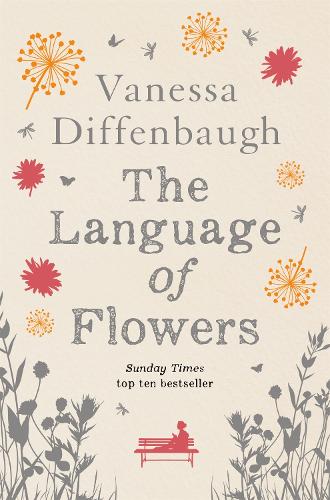
The four men think about work and creativity and success and failure they cook for each other, compete with each other and jostle for each other’s affection. What we get instead is an intensely interior look at the friends’ psyches and relationships, and it’s utterly enthralling.


There aren’t even many markers of what’s happening in the outside world Jude moves to a loft in SoHo as a young man, but we don’t see the neighborhood change from gritty artists’ enclave to glitzy tourist destination. There isn’t a single significant female character, and for a long novel, there isn’t much plot. Two of them are gay, one straight and one bisexual. Yanagihara ( The People in the Trees, 2013) takes the still-bold leap of writing about characters who don’t share her background in addition to being male, JB is African-American, Malcolm has a black father and white mother, Willem is white, and “Jude’s race was undetermined”-deserted at birth, he was raised in a monastery and had an unspeakably traumatic childhood that’s revealed slowly over the course of the book. While true to the logic of its perverse psychology, the story can be exasperating before finally swerving toward the light.Īn unusual, overextended romance, fairy tale in parts but with a sprinkling of grit.įour men who meet as college roommates move to New York and spend the next three decades gaining renown in their professions-as an architect, painter, actor and lawyer-and struggling with demons in their intertwined personal lives. After a strong, self-destructive start, Victoria’s long road to redemption takes some dips including an unconvincing, drawn-out subplot involving Elizabeth’s sister, arson and postnatal depression. Diffenbaugh narrates Victoria and Grant’s present-day involvement, over which the cloud of the past hangs heavy, in parallel with the history of Elizabeth’s foster care, which we know ended badly. But a florist gives her casual work and then, at a flower market, she meets Grant, Elizabeth’s nephew, another awkward soul who speaks the language of flowers.

Now graduating out of state care, Victoria must make her own way and starts out by sleeping rough in a local San Francisco park.

Scarred, suspicious and defiant, she has nothing: no friends, no money, just an attitude, an instinct for flowers and an education in their meaning from Elizabeth, the one kind foster parent who persevered with her. Cleverly combining tender and tough, Diffenbaugh’s highly anticipated debut creates a place in the world for a social misfit with floral insight.Īfter more than 32 homes, 18-year-old Victoria Jones, abandoned as a baby, has given up on the idea of love or family.


 0 kommentar(er)
0 kommentar(er)
